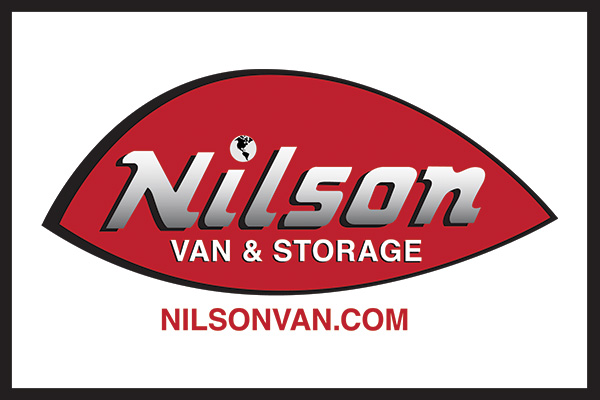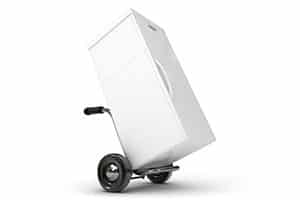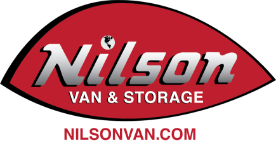Do you know how to minimize your risks when moving internationally?

Moving internationally is an adventure, but there are several ways to feel less anxious during the process. Get your move off on the right foot by taking a few common sense steps. Responsibility #1 is learning about the legal issues surrounding your shift from one country to the next.
Here are three essential steps guaranteed to get you started on the right foot for your international move:
- Contact the Consulate
- Collect Your Paperwork
- Hire an Experienced Moving Company
Visit the consulate or embassy for the country you’ll be moving to and request information on obtaining visas, work permits, and the rules for moving your belongings. Certain items may not be allowed to cross the border, while others will require additional fees to process. Be sure to get all the forms you need for customs, both for exiting this country and entering your new one.
Your passport is just one of the documents you’ll need to do day-to-day business in another country. Birth certificates, medical records, banking information, and tax returns will all be needed to secure housing and utility service and other activities.
It pays to hire a mover with a history of successful international jobs under their belt. From packing to customs and finding local partners to unload your items at your home will be easier if handled by someone with experience. So much can go wrong that you really can’t risk handing the job over to novices.
Moving internationally? Contact our team at Nilson Van to get your moving services squared away today, and avoid needless complications.




